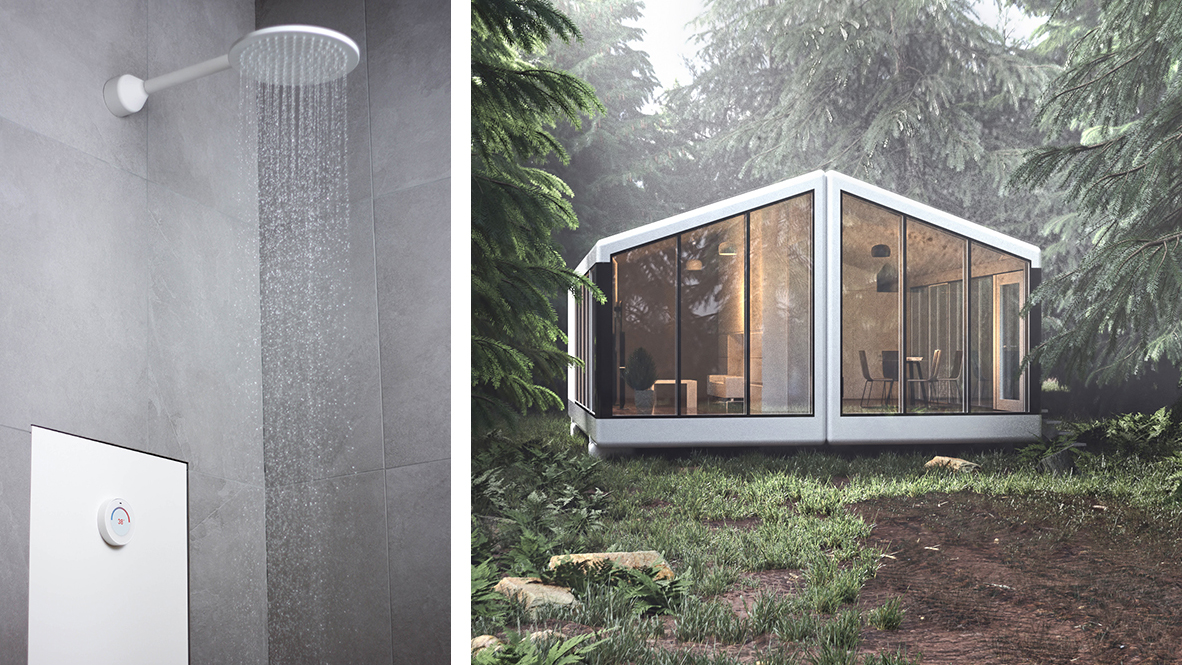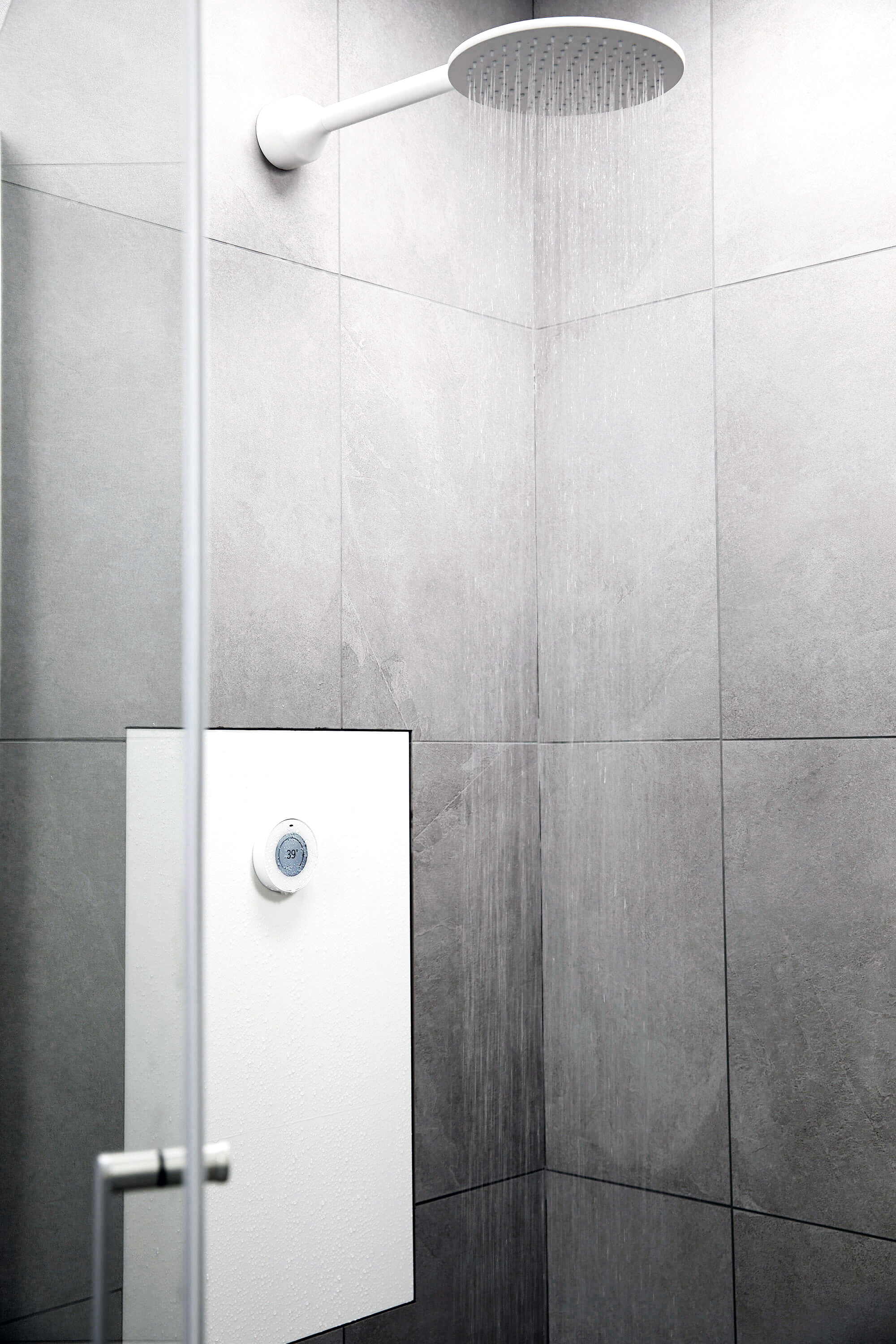Eco-conscious? This NASA-certified smart shower can save 90 per cent of your annual water consumption
As we grow more conscious of our water consumption, this handy smart shower – which purifies and recirculates used water – could be the answer


You're probably heard of smart assistants, smart lights, smart fridges and maybe even smart washing machines. But the smart shower – how would that work? Well, the answer you'd expect might be that you can turn on a smart shower from your bed so that the water is piping hot as soon as you step into it, or that you can control the water temperature or flow with your voice. But, really, smart showers ought to contribute more than just convenience, just like A* rated, energy-saving appliances do. They ought to be smart in how they save water, too, right?
Well, the new Digital Recirculating Shower does just that – and the results are pretty impressive. So impressive, in fact, that the technology was certified by NASA.

- If you're interested in smart home technology, go to The Hub, our jargon-free take on tech
So, what makes this shower smart? Driven by CEO of Orbital Systems Mehrdad Mahdjoubi's desire to reduce water consumption – and with that, our individual environmental impacts – the Digital Recirculating Shower uses advanced technology to purify and recirculate the water used, meaning we could each reduce our water waste by significant margins.
While the prospect of 'recirculated' water may seem a little questionable to begin with, we promise it's perfectly hygienic. Here's how the Digital Recirculating Shower works:
- Unwanted particles are removed and bacteria is neutralised from the remaining water using two different purification technologies;
- Unwanted particles are removed and bacteria is neutralised from the remaining water using two different purification technologies.
- Cleaned water is recirculated back up to the shower head;
- Real-time savings and consumption data are collected by the shower computer and made available in the Cloud.
This clever system can mean users save up to 90 per cent of their annual water usage – an essential step given that water scarcity currently affects four million people while the average person living in a developed country uses, on average, 10 times more water than they should.
Plus, if you're really committed to sustainability, and have the means to make it possible, the shower can also be solar powered and equipped with an off-the-grid air-to-water system, with water condensation drawn from air humidity.
While, on first impressions, this may seem like a feature of the house of the future, as opposed to something feasibly operable today, that couldn't be further from the truth. PassivDom, a US based company that builds autonomous 3D printed intelligent homes, will be installing the shower, as standard, in all of their self-sustainable units, from 2020.
Get small space home decor ideas, celeb inspiration, DIY tips and more, straight to your inbox!
For more information, and to see how feasible it would be to get the Oas Shower fitted in your home, head over to Orbital Systems.
How can I reduce my water consumption now?
If installing a water recirculating shower isn't an option for you, right now, some of the following ideas are easy to implement and will be effective in helping reduce your water consumption.
- Turn off your taps – while turning off your taps while you brush your teeth won't allow you to save the planet, single handedly, it's a step in the right direction. Plus it's so easy we can't see why you wouldn't.
- Invest in a water saving shower head – easy to install, simply switching to an eco shower head can reduce your water usage dramatically, and you'll barely notice a difference.
- Install a water butt – by placing a water butt at the end of a drainpipe, you can collect rainwater with ease and use it to water your garden, ditching the hose pipe in the process.
- Make use of your dishwasher – believe it, or not, a fully stacked dishwasher uses less water, on average, that hand dish washing. If there was ever an excuse not to do the washing up, this was probably it.
- Save your washing for a full load – a bit of a no-brainer, making sure you only wash laundry when you have enough to fill your machine is another easy way to reduce your water consumption. Live in a house share? Consider coupling up with your flat mates to reduce water waste.
Looking for more sustainability tips?
Emily first (temporarily) joined the Real Homes team while interning on her summer break from university. After graduating, she worked on several publications before joining Real Homes as Staff Writer full time in mid-2018. She left the brand in 2020 to pursue another career, but still loves a second-hand bargain and sourcing unique finds to make her rented flat reflect her personality.
